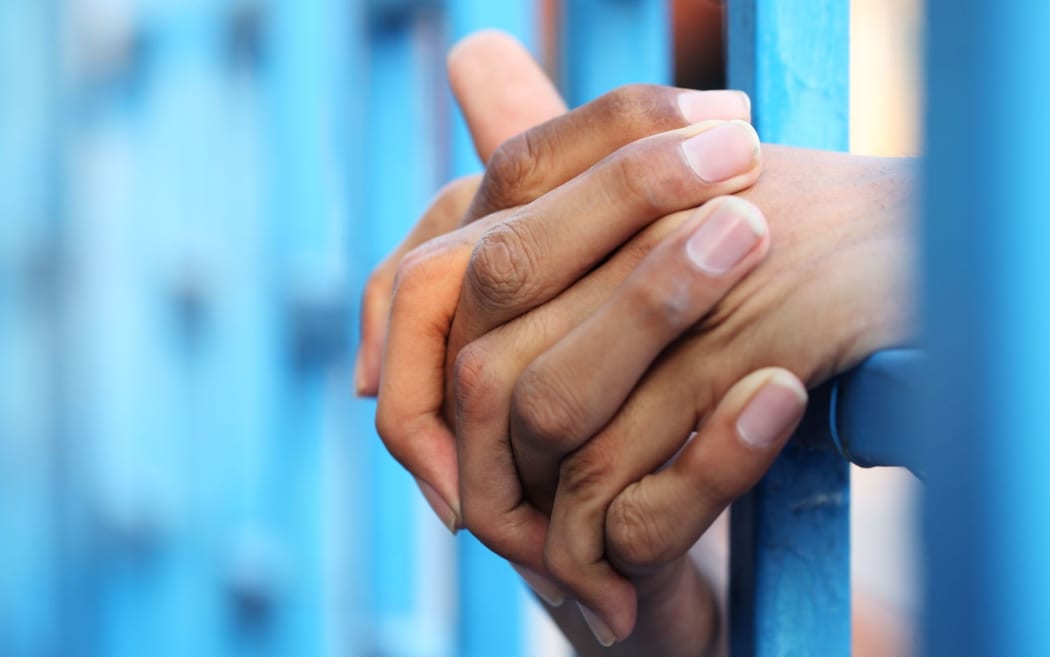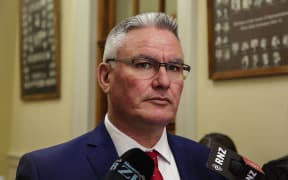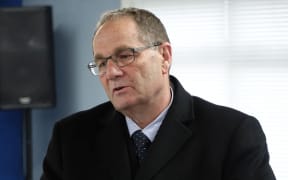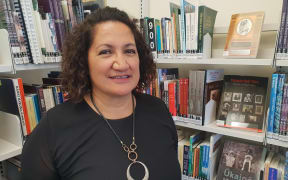A Māori lawyer who is at the front-line of the justice system in New Zealand is supporting calls to overhaul it.

Photo: 123RF
A report called Ināia Tonu Nei - The Time is Now, is recommending the current system be abolished, and any new system be set up with the Crown and Māori working closely together, to ensure the needs of Māori, who are over-represented in prison, are met.
It comes on the back of a hui held in April, where Māori were given the opportunity to openly discuss the current structure, and what needed to change.
Auckland barrister Kingi Snelgar said the legacy of colonisation was still very present in the court system.
"Courts were used as one of the main forms of colonisation and the enforcement of some of those early laws around land confiscation, so those legacies of distrust in courts are alive and well today."
He acknowledged the abolition of the current prison structure might sound frightening to the average New Zealander, but the reality was that around the world more progressive countries were turning away from prisons as a way to deal with crime.
"The reality is that there's only a very small fraction of people that are high-risk offenders."
Mr Snelgar was very supportive of a Māori-led approach.
The report also recommended sweeping changes to Oranga Tamariki, and the Family Court, because many Māori in the criminal courts or prison had had previous interactions with either or both organisations.
The whole justice system needed to change, spokesperson Katie Murray said.
It did not meet the needs of Māori, who make up more than 50 percent of the prison population.
"In most of that system what they don't do is they don't acknowledge Māori for being Māori.
"There is nothing that supports us culturally."
Any reform needed to be done in partnership with the Crown - in accordance with the Treaty of Waitangi.
Oranga Tamariki, and its previous iterations, also needed to be looked at, Ms Murray said.
"We need to change how that system uplifted our children and took them away, and placed them into state care, because those children were likely to end up in prison or through the justice system."
Ms Murray had faith that the government understood there needed to be a change.
Justice Minister Andrew Little said he did not find anything in the report surprising.
The government wanted to make change - but might not be able to move as fast as requested in the report's recommendations - which asked for change to start happening now.
He agreed Māori must be closely involved in any reform of the justice system.
However he could not commit to abolishing the current system.
"I just don't know what that means in practice - it's a very ambitious and bold statement to make."
He said for some people prison was the best place to be, for the community and its safety.
He agreed there are people in prison who could be rehabilitated in a more effective way.






